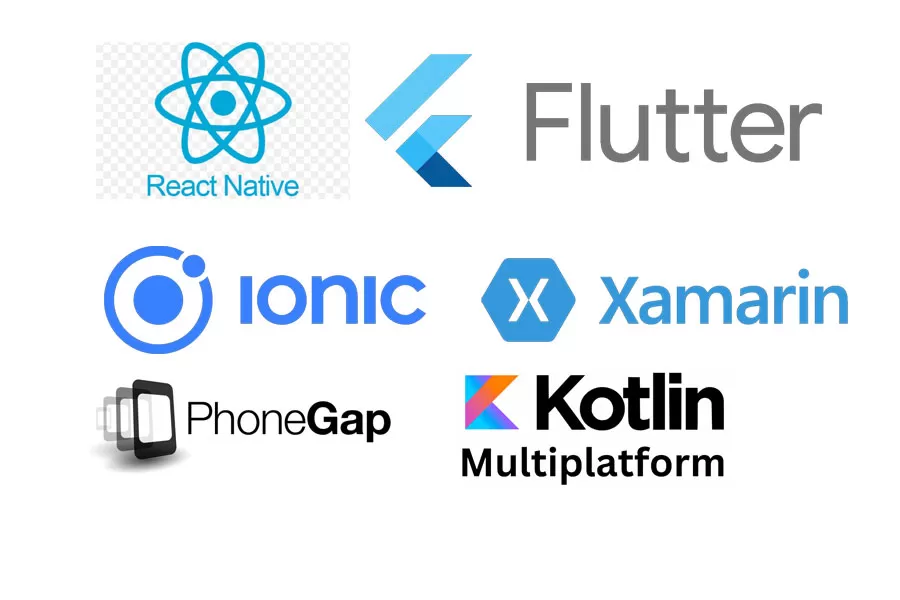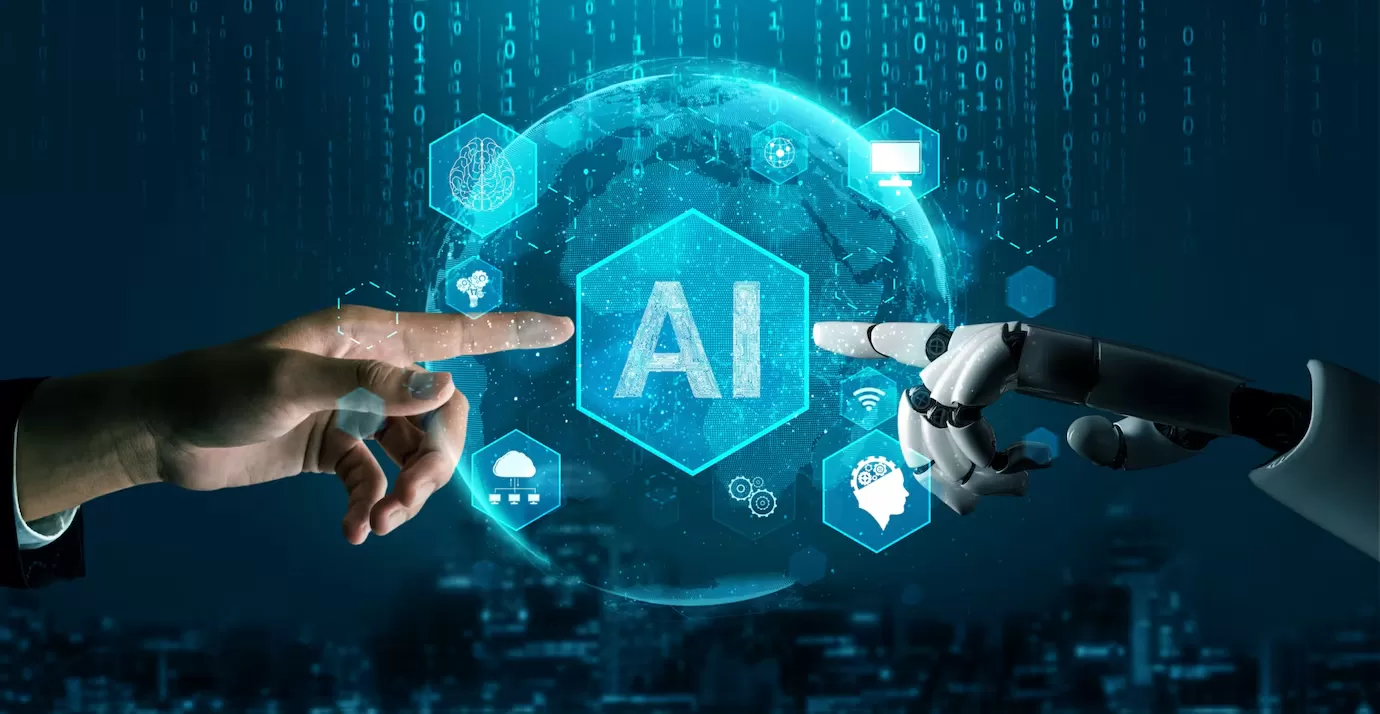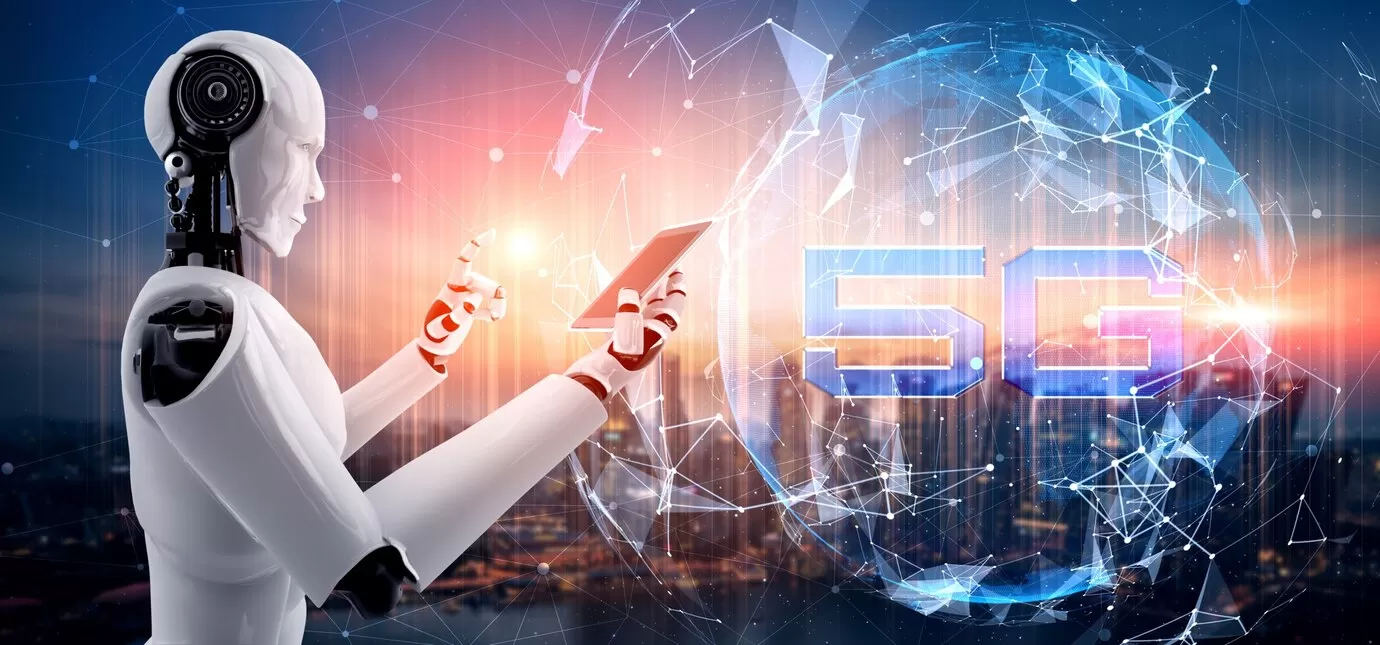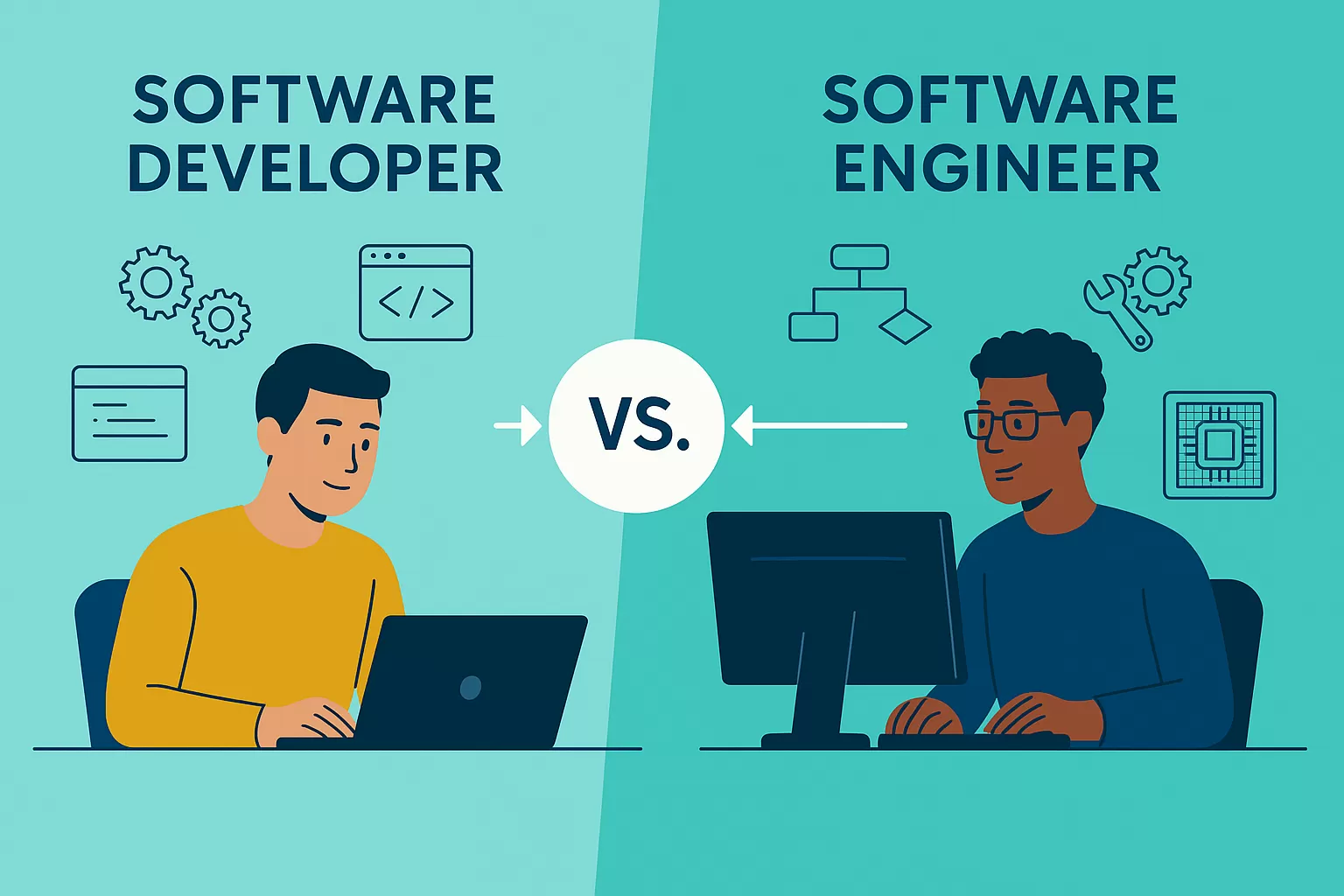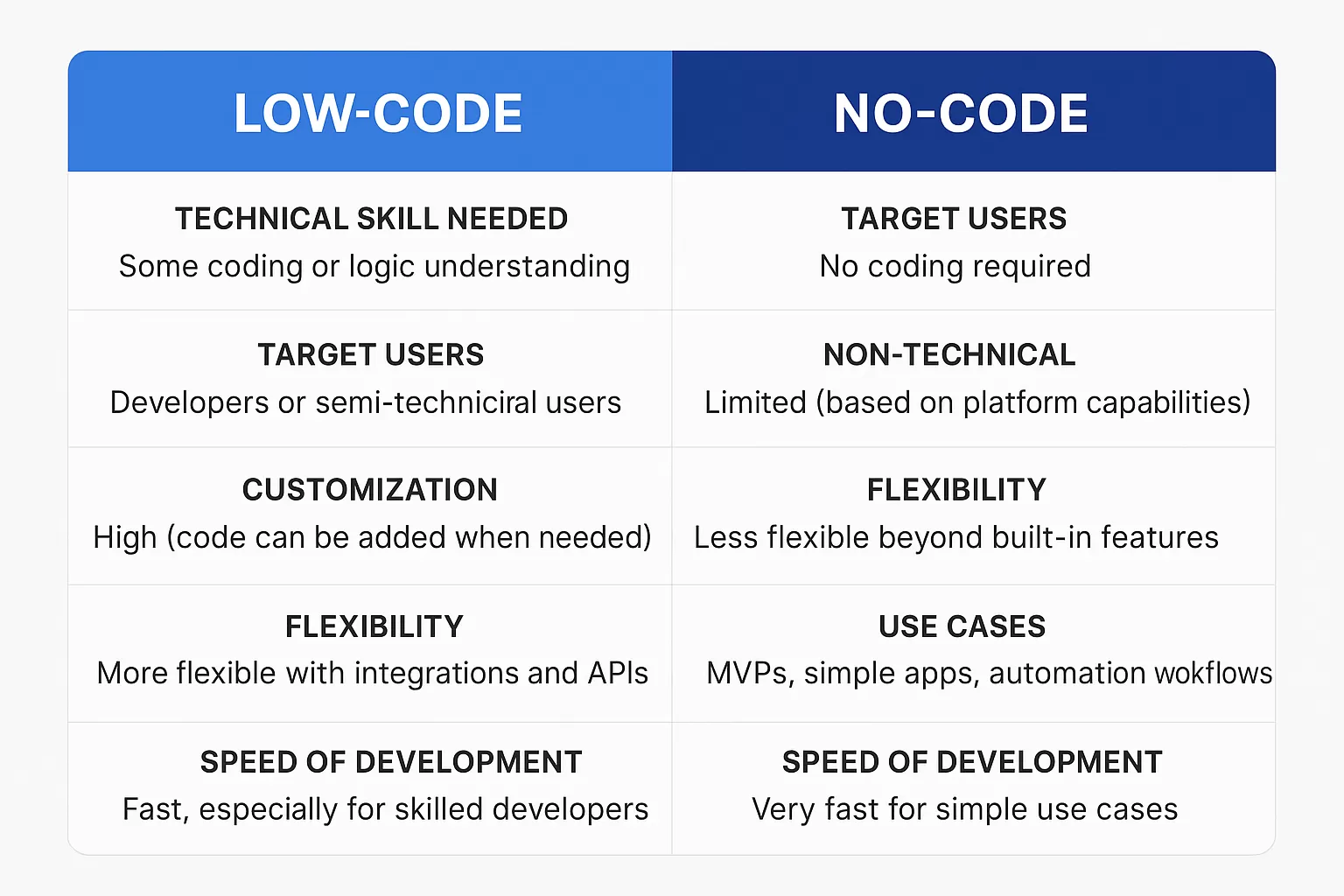Artificial Intelligence (AI) is transforming nearly every aspect of modern life, and the world of sports is no exception. Football and other athletic games are leveraging AI technologies to enhance player performance, improve fan engagement, revolutionize coaching strategies, and optimize various operational processes. As the sports industry continues to embrace innovation, AI is helping to unlock new possibilities in training, game analysis, injury prevention, and fan interaction.
In this blog, we'll dive into how AI is shaping the future of football and athletic games, and how it’s influencing the next generation of players, coaches, and fans.
- Enhanced Player Performance and Training
AI is revolutionizing how athletes train and improve their skills. By analyzing large datasets on player movements, biomechanics, and physiological performance, AI technologies can provide detailed insights that help athletes optimize their performance.
How AI helps:
- Wearables and Biometric Sensors: Wearable devices equipped with AI-powered sensors track key performance metrics like heart rate, speed, acceleration, and body movements. These sensors provide real-time feedback, allowing athletes to adjust their training in real-time to maximize performance and prevent overtraining.
- Personalized Training Programs: AI algorithms analyze the collected data to design personalized training regimens tailored to the unique needs and goals of each player. By identifying strengths and weaknesses, AI helps players focus on specific areas for improvement, whether it's enhancing stamina, agility, or technical skills.
- Movement Analysis: AI-powered video analysis systems can break down an athlete’s movements frame by frame. In football, for instance, AI can analyze a player’s footwork, running patterns, and positioning during a game, helping coaches and players make data-driven adjustments to their techniques.
Future Impact:
- Faster Skill Development: AI-powered tools will continue to speed up the learning process by providing immediate feedback and offering insights on how to improve faster than traditional methods.
- Better Monitoring: Continuous data collection and AI analysis will allow coaches to monitor player health, detect performance inconsistencies, and adjust training programs for optimal results.
- Injury Prevention and Rehabilitation
Injury prevention is one of the most important aspects of athletic training, and AI is playing a key role in minimizing the risk of injury and assisting with rehabilitation.
How AI helps:
- Predictive Analytics: AI can analyze data from wearables and sensors to predict potential injuries before they occur. By monitoring stress levels, fatigue, and movement patterns, AI algorithms can identify early warning signs, such as muscle fatigue or overuse, that could lead to injury. Coaches and trainers can then adjust the player’s workload or schedule rest days to avoid injury.
- Biomechanics and Movement Screening: AI tools can analyze an athlete’s biomechanics in real-time to identify improper techniques or movements that could lead to strain or injury. These systems can provide corrective feedback to ensure that athletes perform actions safely, which is particularly critical in high-impact sports like football.
- Rehabilitation Assistance: During recovery, AI-based rehabilitation programs can monitor a player’s progress, ensuring they are regaining strength and mobility without overexerting themselves. Virtual coaches powered by AI can guide athletes through rehabilitation exercises, track their recovery, and suggest modifications based on their progress.
Future Impact:
- Longer Careers: By preventing injuries and aiding in faster recoveries, AI will contribute to athletes enjoying longer careers and more consistent performance.
- Smart Rehabilitation: AI will allow for more effective rehabilitation programs tailored to the needs of individual players, improving outcomes and minimizing the likelihood of re-injury.
- AI-Powered Game Analysis and Strategy
AI is revolutionizing the tactical side of football and other athletic games by providing coaches with deeper insights into team performance and opponent strategies. With the help of advanced algorithms, AI can process complex game data to enhance decision-making and strategy formulation.
How AI helps:
- Match Analysis and Insights: AI can analyze video footage of games to provide a detailed breakdown of individual and team performance. It can assess player positioning, passing accuracy, and defensive efficiency, giving coaches valuable data to refine their strategies.
- Tactical Optimization: Using historical data and machine learning models, AI can suggest optimal strategies and formations for upcoming matches. This can help teams exploit the weaknesses of their opponents and devise game plans tailored to specific strengths and challenges.
- Opponent Scouting: AI-powered systems can analyze the performance of opposing teams in past matches, breaking down their strategies, key players, and weak points. This provides coaches with detailed reports on how to best approach each game, improving the team’s chances of success.
Future Impact:
- Smarter Decision-Making: AI will continue to improve the decision-making process for coaches, helping them choose the right tactics, players, and substitutions at the right moments.
- More Dynamic Strategies: As AI systems become more advanced, they will be able to generate dynamic game plans that adjust to real-time conditions on the field, making strategies more fluid and adaptive.
- Fan Engagement and Experience
In addition to enhancing player performance and coaching strategies, AI is significantly improving the way fans interact with their favorite teams and athletes, making the overall fan experience more immersive and personalized.
How AI helps:
- Personalized Content: AI algorithms can analyze a fan's behavior, preferences, and engagement history to offer customized content, such as exclusive behind-the-scenes footage, personalized match highlights, or tailored merchandise recommendations.
- Interactive Chatbots: AI-driven chatbots are increasingly used on team websites, mobile apps, and social media platforms to interact with fans in real time. These bots can answer questions, provide match updates, or help fans buy tickets and merchandise, offering instant support and a more personalized experience.
- Predictive Fan Engagement: By analyzing fan sentiment through social media, AI tools can predict trends and responses to certain events, like team victories or player signings. This allows teams to tailor their marketing campaigns and promotions to resonate more effectively with fans.
- Virtual and Augmented Reality: AI-powered VR and AR technologies enable fans to experience games in immersive ways, from virtual stadium tours to interactive live game experiences. Fans can engage with the game as though they are on the field or in the front row, creating a deeper connection with the sport.
Future Impact:
- More Engaged Fans: Fans will benefit from highly personalized, interactive experiences, keeping them more engaged with the teams they love. AI will foster closer connections between athletes and their supporters, helping teams grow their fanbases globally.
- Increased Revenue: By tailoring content, promotions, and merchandise to individual fans, AI will open new avenues for monetization and marketing, benefiting teams and sports organizations financially.
- Refining Officiating with AI and VAR (Video Assistant Referee)
In sports like football, making accurate and fair decisions during games is critical. AI, combined with Video Assistant Referee (VAR) technology, is playing an increasingly important role in ensuring fairness and consistency in officiating.
How AI helps:
- Automated Officiating: AI algorithms can process video feeds in real-time to detect fouls, offsides, or other rule violations. These systems can alert referees or automatically signal when a rule has been broken, improving the speed and accuracy of decisions.
- Enhanced VAR Technology: AI can refine the use of VAR by helping officials assess and review key moments during a match. Using AI, officials can quickly analyze different camera angles, highlight critical moments, and arrive at more accurate decisions, leading to fewer controversial calls.
- Objective Decision-Making: AI helps eliminate human bias by providing data-driven insights that support unbiased, objective decision-making. In football, this can ensure that decisions are based on facts, not interpretation or judgment errors.
Future Impact:
- Improved Accuracy: AI will lead to more accurate and consistent officiating, ensuring fairness and reducing human error in critical moments.
- Quicker Game Flow: By automating certain officiating tasks, AI will reduce delays during matches, allowing games to flow more smoothly and keeping fans more engaged.
- AI-Driven Scouting and Recruitment
Scouting talent is an integral part of building successful teams. AI is helping clubs identify hidden talent, assess player potential, and make smarter recruitment decisions.
How AI helps:
- Player Performance Metrics: AI algorithms can analyze a player’s performance over time, assessing factors such as speed, strength, stamina, and technical skills. This data helps teams evaluate players more effectively and find the best fit for their team.
- Global Scouting: AI-powered scouting systems allow teams to track players from around the world, providing a global database of talent that can be analyzed based on performance, injury history, and potential growth.
- Risk Assessment: AI can help assess potential risks in signing a player, such as injury history or compatibility with the team’s playing style, reducing the chances of costly recruitment mistakes.
Future Impact:
- Smarter Talent Acquisition: AI will refine the recruitment process, enabling teams to make more informed decisions and find top talent more efficiently.
- Better Team Building: Teams will be able to build more balanced and competitive squads, optimizing player performance and team dynamics.
Conclusion
AI is revolutionizing the world of football and other athletic games by enhancing player performance, improving game strategy, preventing injuries, and offering innovative fan experiences. As AI continues to evolve, its applications in sports will expand, offering even more advanced tools for coaches, players, and fans alike.
Whether it’s through personalized training, smarter officiating, or more engaged fan interactions, AI is shaping the future of sports, ensuring that athletic games are more exciting, efficient, and fair than ever before. The ongoing integration of AI into sports promises to enhance both the business and the enjoyment of athletic events, creating a dynamic and forward-thinking landscape for the world of football and beyond.



